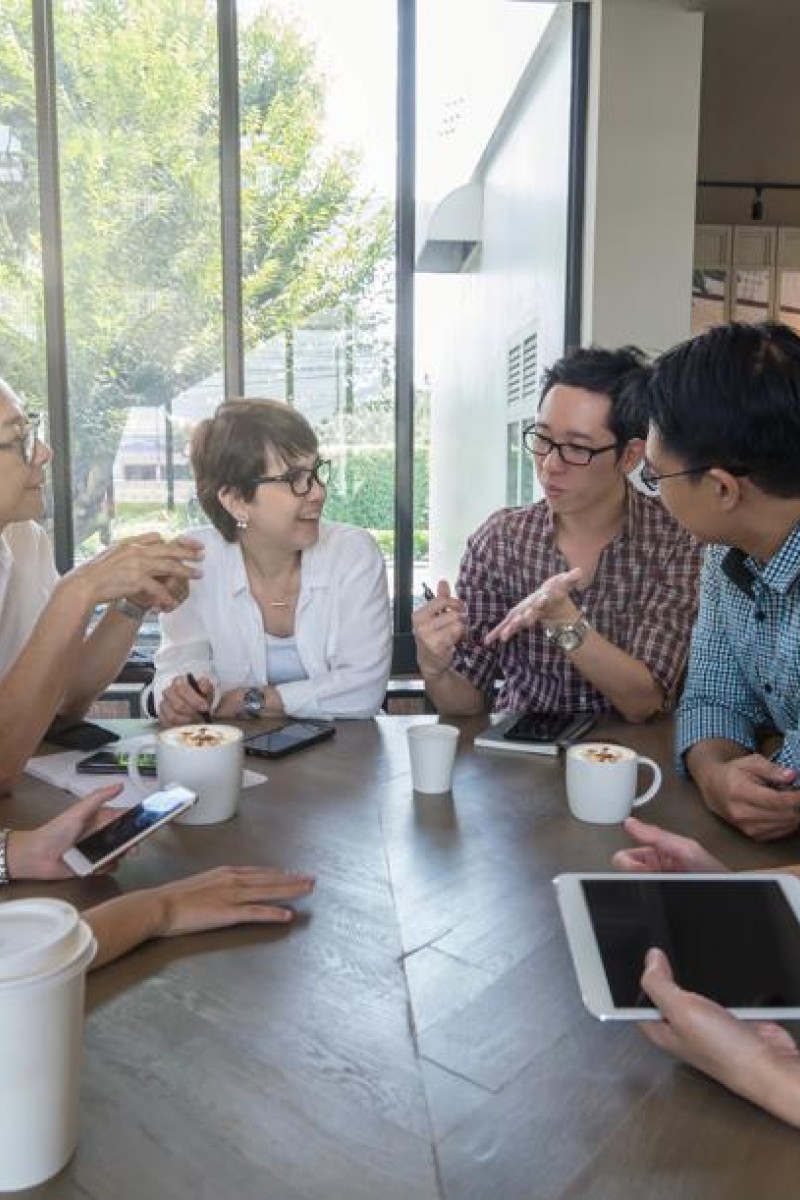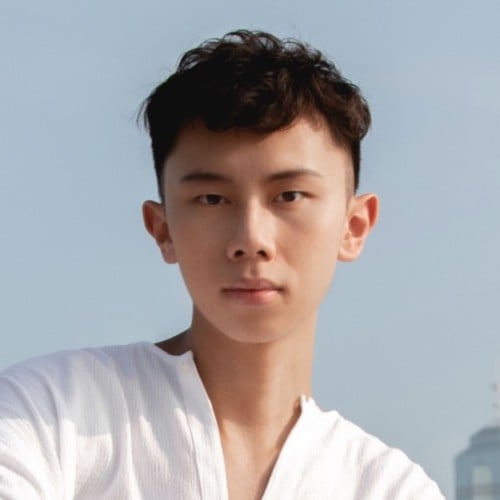
Anyone who has studied abroad will be familiar with Hong Kong societies. I’d heard of them before starting university in Britain, but I was disappointed when I found out what they were really like.
Most universities in the West have societies based on nationality; for example, the Malaysian society, Korean society, etc. They act as a support system for students studying abroad, in particular by hosting events in which students can bond and feel a bit more at home.
However, my experience of Hong Kong societies has taught me that they push an idea of isolationism. Participants in them have a strong tribal identity, and this influences their entire experience abroad.
All their activities are based on self-seclusion from British life. There are no signs of embracing, assimilating, or even trying to get to learn about the culture of their host country.
As a result, their beliefs, attitudes, and philosophies of life are not stimulated in the slightest sense. It’s the sense of “let’s pretend we’re still in Hong Kong” that makes me uncomfortable.
Ethnic minority students in HK lack support and Cantonese assistance at local schools
There are no thought-provoking, intellectual discussions of racial/ethnic identity in a British context; there are no guest-speakers coming in to talk about integration and intersectionality; there are no debates or any formal support sessions.
Instead, there are only hot pots, shopping sprees, and karaoke nights that cater to the minority’s superficial needs. While they’re sometimes fun and necessary, the narrowness of these activities is tiring.
These societies, which were really meant to help students integrate, now discourages students from integrating. They are also very exclusive to the point of being snobbish – you either fit into the customary formula or you’re not welcome.
While British universities celebrate diversity and inclusion, these societies serve as an opponent to anything inclusive.
In future, I hope that these societies will consider ways to improve, to make use of our cultural identity for more than superficial, momentary enjoyment – and to form a community of true belongingness.
Edited by Charlotte Ames-Ettridge

